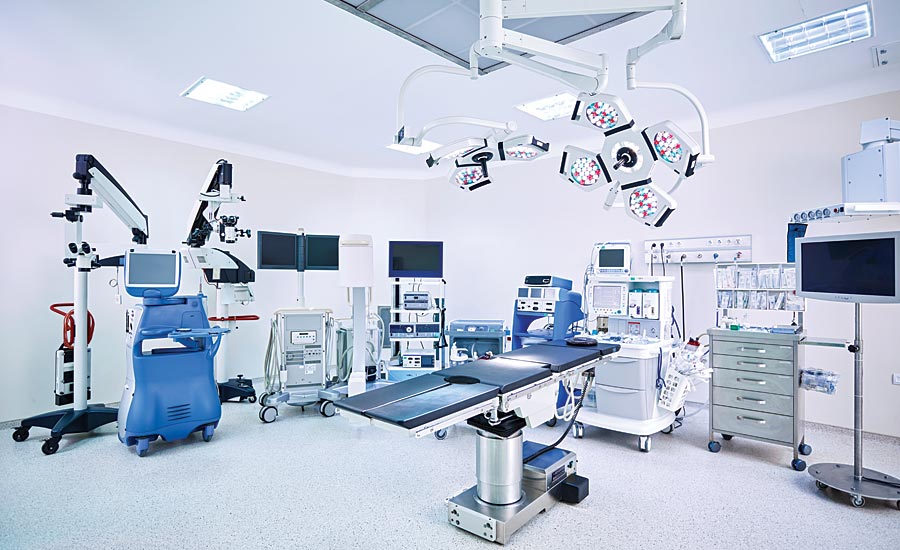Introduction:
In the ever-evolving landscape of healthcare, the certification of medical devices is paramount. Brazil, as one of the largest and most promising healthcare markets in the world, presents both opportunities and challenges for manufacturers looking to bring their medical devices to this vibrant sector. In this blog post, we’ll explore the world of medical device certifications in Brazil, shedding light on the key aspects, regulations, and processes involved.
Understanding ANVISA:
The Agência Nacional de Vigilância Sanitária (ANVISA) plays a central role in medical device certifications in Brazil. ANVISA is the Brazilian Health Regulatory Agency responsible for ensuring the safety and efficacy of medical devices within the country. Manufacturers must register their medical devices with ANVISA to market them in Brazil. Understanding ANVISA’s requirements and processes is fundamental for a successful market entry.
INMETRO Certification:
In addition to ANVISA, the Instituto Nacional de Metrologia, Qualidade e Tecnologia (INMETRO) oversees the certification of medical devices in Brazil. INMETRO focuses on product safety and conformity with technical standards. Certain medical devices, such as electromedical equipment, may require INMETRO certification to meet market access requirements.
Certification Bodies (OCPs):
Certification Bodies, known as Organismos de Certificação de Produtos (OCPs), are accredited entities responsible for evaluating and certifying medical devices in Brazil. They perform tests, assessments, and inspections to ensure that devices comply with ANVISA and INMETRO requirements. Choosing the right OCP is a crucial step in the certification process.
Documentation and Technical Requirements:
Comprehensive documentation, including technical dossiers and clinical data, is essential for medical device certifications. Manufacturers must demonstrate that their devices meet safety, performance, and quality standards. It’s essential to understand the specific documentation requirements for each device category and work closely with experts in the field.
Navigating Regulatory Changes:
Regulations governing medical devices in Brazil can change over time. Staying updated with the latest regulatory developments is vital to ensure compliance and market success. Engaging with local regulatory experts can provide valuable insights into regulatory changes and their potential impact on your products.
Market Entry Strategies:
Certifying a medical device is only the beginning. Developing effective market entry strategies, including distribution, pricing, and post-market surveillance, is crucial to succeed in the Brazilian healthcare market. Collaboration with local partners and understanding the unique characteristics of the healthcare landscape can significantly enhance market penetration.
Conclusion:
Certifying medical devices in Brazil can be complex, but it’s a necessary step to tap into the country’s burgeoning healthcare market. By understanding the roles of ANVISA and INMETRO, collaborating with accredited OCPs, and staying current with regulations, manufacturers can navigate the certification process successfully. With the right approach, Brazil’s healthcare market offers significant opportunities for those willing to invest in certification and compliance.

